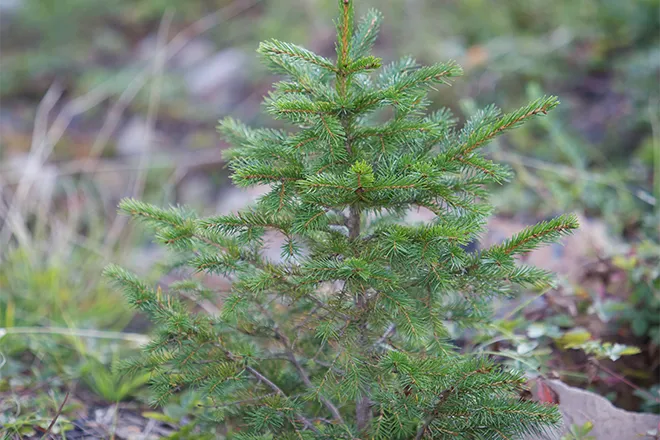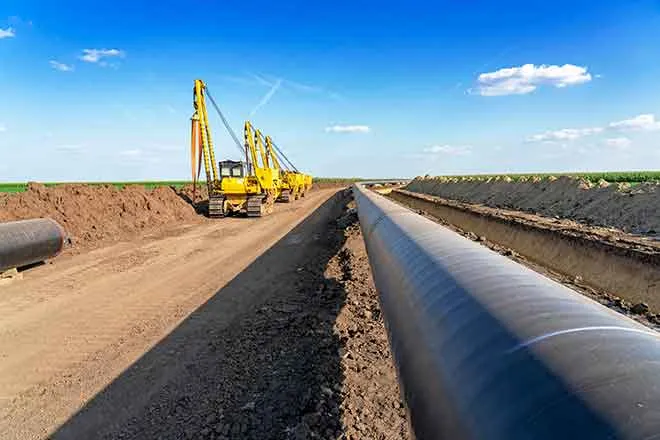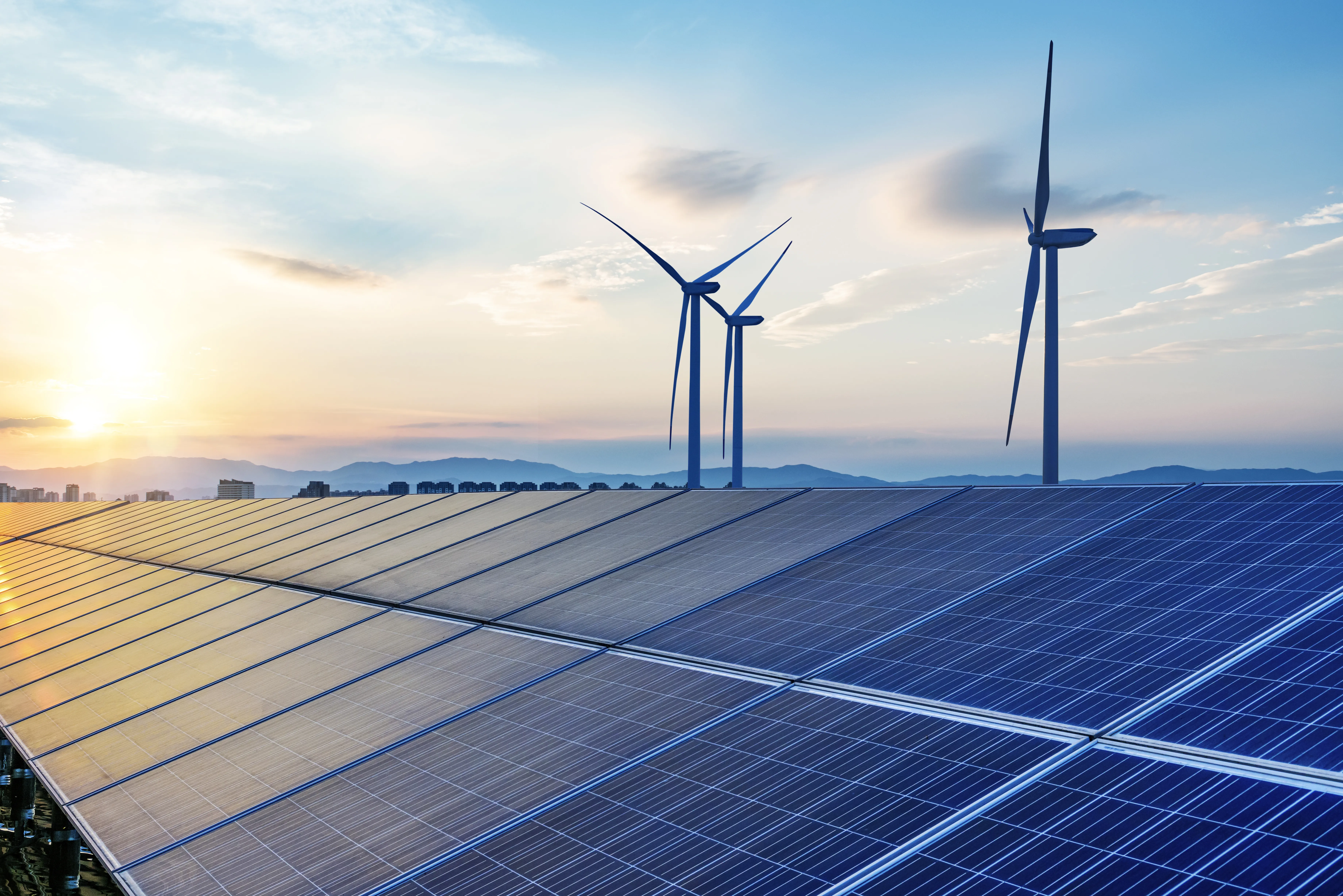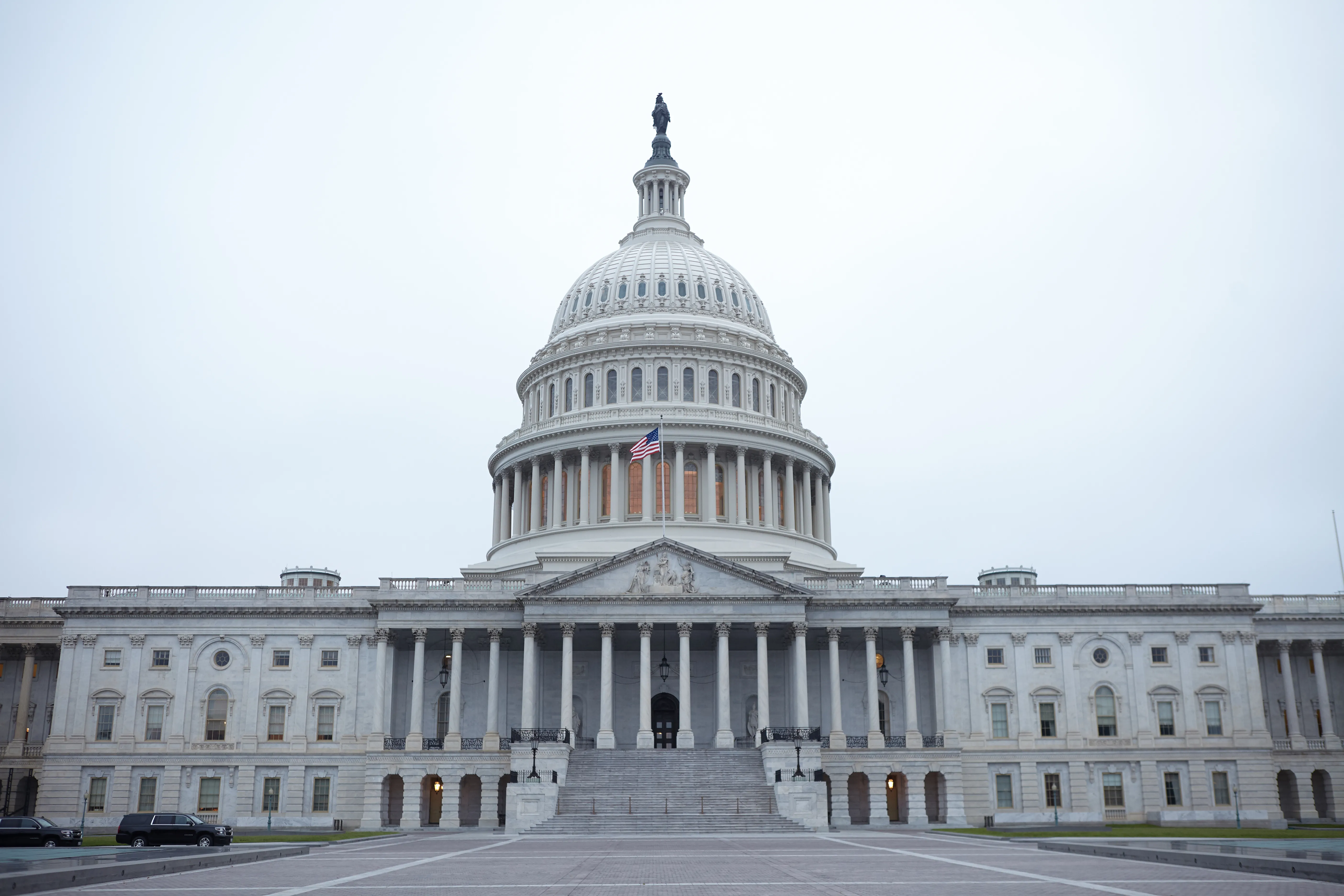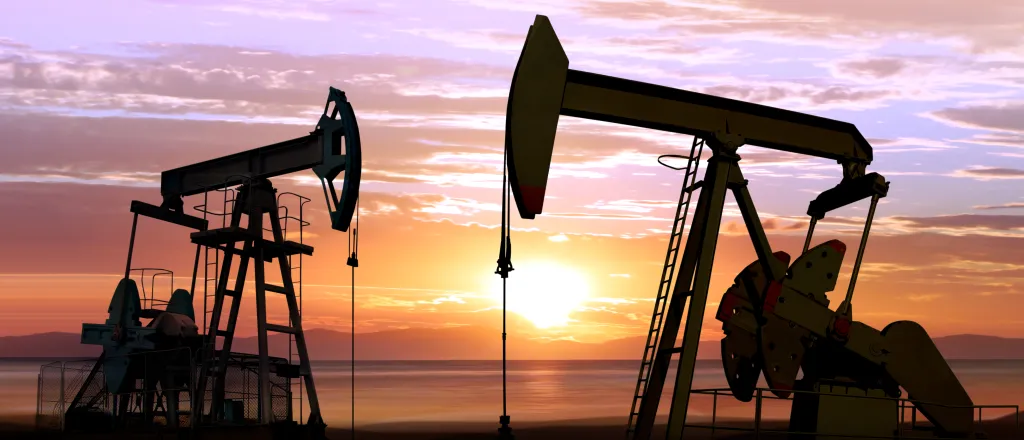
Courts asked to block oil and gas leases over health, climate
(Wyoming News Service) A new lawsuit hopes to reverse the Bureau of Land Managment's recent approval of oil and gas lease sales on public lands across eight western states, including nearly 120,000 acres in Wyoming, in part to protect public health.
Melissa Hornbein, senior attorney with the Western Environmental Law Center, said regions surrounding federal oil and gas production face dangerous air quality issues - due to methane leaks, ground-level ozone, and toxic benzene released through flaring - that cause direct harm to human health.
"There are higher incidences of things like cancer," said Hornbein. "There are also much higher rates of things like childhood asthma, developmental impacts, maternal and fetal health impacts."
The lawsuit claims the BLM failed to review the full climate impacts of the leases, including the bite that extracted oil and gas would take out of the remaining global carbon budget, the amount of climate pollution left to burn in order to keep temperatures at safe levels.
The oil and gas industry, raking in record profits as gas prices skyrocketed in the U.S. and across the world, says the new leases will help bring more supply onto the global market.
Some Wyoming lawmakers welcomed the leases to boost state revenue and add jobs. Hornbein said oil and gas companies already are sitting on thousands of inactive leases, and argues there are other uses of public lands that can fill tax coffers and create good-paying jobs.
"And it's really going to take a concerted effort to transition away from fossil fuels," said Hornbein. "But we're being fed this line that we can't survive without this. And the reality is we can't survive with them, for the long term."
The world's top scientists recently warned that climate pollution must peak, and then begin to go down, within three years to avoid the most catastrophic impacts of a warming planet.
Hornbein said it's going to take a whole-of-government response to reduce fossil fuels, but also to speed up clean-energy production.
"When these lands are locked up under federal oil and gas leases which last ten years, and don't allow for other types of development," said Hornbein, "that is actively precluding the advancement towards use of federal public lands for renewable energy production."


